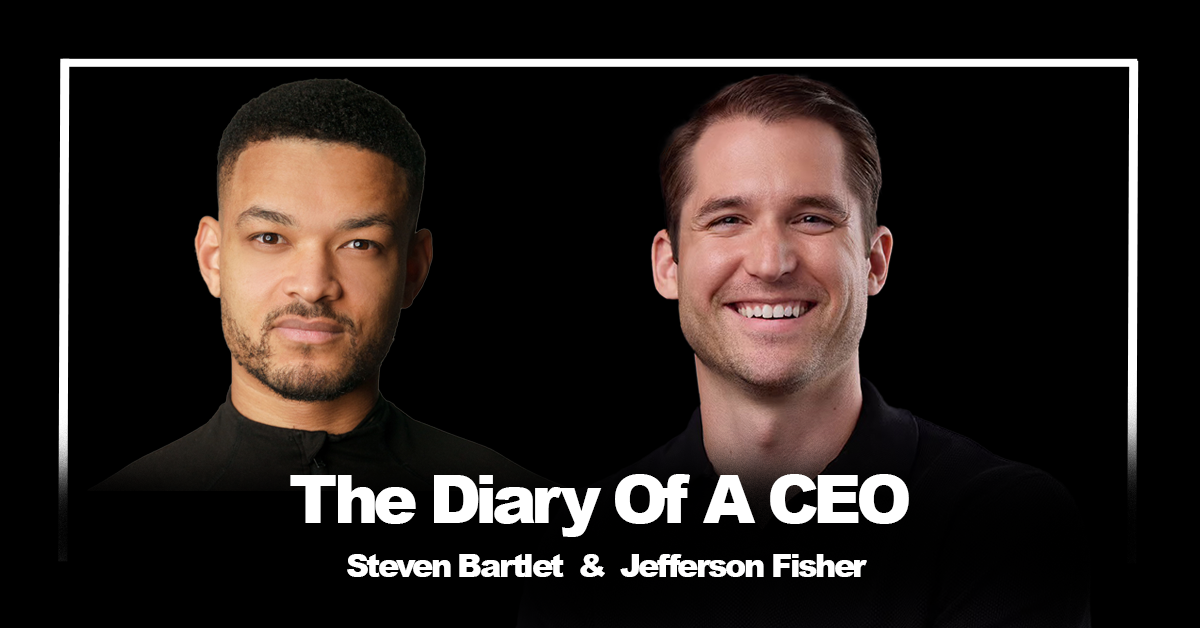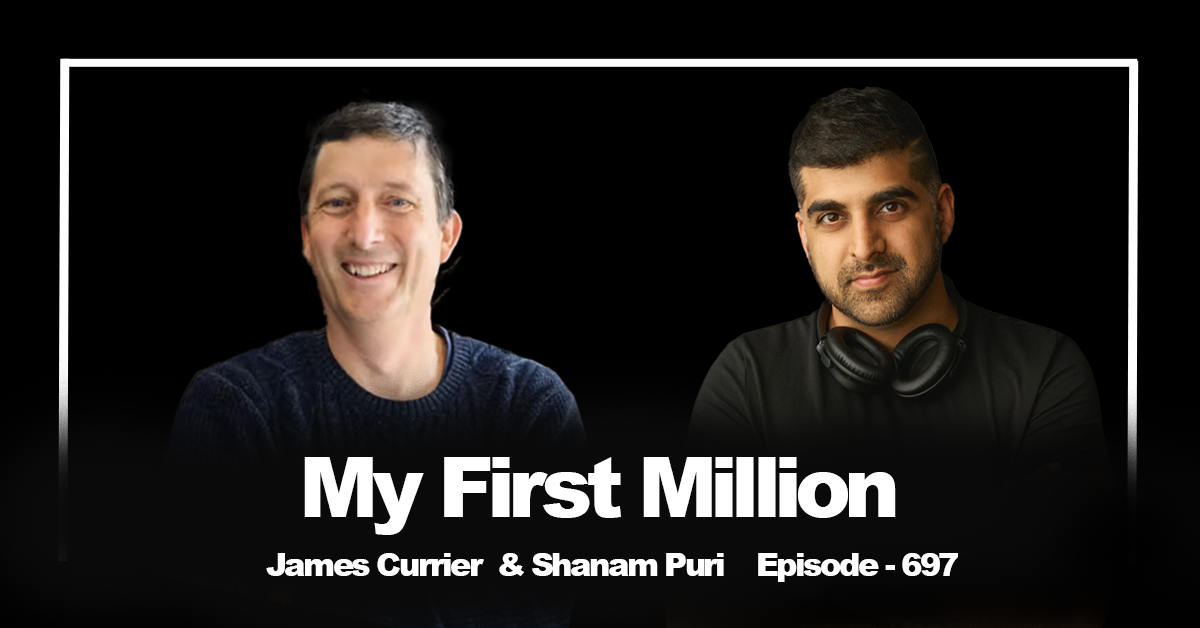In this episode, Jefferson Fisher, a board-certified trial attorney and communication expert, shares powerful insights on how to argue less, talk more, and navigate difficult conversations with confidence. Here are the key takeaways:
1. The Power of Silence in Conflict
- Pause Before Reacting: When someone is rude or disrespectful, resist the urge to retaliate immediately. Instead, take 5-7 seconds of silence. This allows you to stay in control and prevents the situation from escalating.
- Ask Them to Repeat: Politely ask the person to repeat what they said. Often, people will backtrack or soften their tone when given a moment to reflect.
- Example: If someone insults you, calmly say, “Can you repeat that?” This puts the spotlight back on them and often leads to an apology.
2. The Art of Saying No
- Be Direct but Kind: When declining an invitation or request, avoid over-apologizing or making excuses. Instead, start with a clear “no” and follow it with gratitude.
- Example: “I can’t make it this time, but thank you so much for inviting me. I hope you have a great time!”
- Avoid Over-Explaining: Giving too many reasons can make you seem unsure. A simple, confident “no” is more effective.
3. The Importance of Breath in Communication
- Use Your Breath to Stay Calm: Before responding in a heated moment, take a deep breath. This helps you stay calm and think clearly, preventing emotional reactions.
- Physiological Sigh: A quick breathing technique (inhale for 2 seconds, pause, then exhale slowly) can help you regain composure in tense situations.
4. How to Handle Disrespect
- Don’t Engage in the Fight: When someone is belittling or rude, don’t throw insults back. Instead, ask questions like, “Did you mean to say that?” or “How did you want me to feel when you said that?” This shifts the focus back to their behavior.
- Example: If someone says something condescending, respond with, “I’m surprised you said that out loud. Did you mean to sound rude?”
5. The Role of Confidence in Communication
- Confidence Comes from Assertiveness: Confidence isn’t something you feel before speaking—it’s the result of speaking assertively. The more you practice assertive communication, the more confident you’ll become.
- Example: Instead of saying, “I think I can bring value,” say, “I’m confident I can bring value.” The latter shows conviction.
6. The Danger of Over-Apologizing
- Stop Saying “Sorry” for Everything: Over-apologizing can erode your self-esteem. Replace unnecessary apologies with gratitude.
- Example: Instead of saying, “Sorry I’m late,” say, “Thank you for waiting for me.”
7. The Power of Curiosity in Difficult Conversations
- Ask “What Am I Missing?”: When in a disagreement, instead of trying to win, ask the other person, “What am I missing?” This shows you’re open to understanding their perspective and can defuse tension.
- Example: In a heated argument, asking this question can help you uncover the root of the issue and find common ground.
8. The Importance of Boundaries
- Set Clear Boundaries: Learn to say no without guilt. Boundaries protect your time and energy, and they’re essential for healthy relationships.
- Example: If someone asks for a favor you can’t do, say, “I can’t help with that, but I appreciate you thinking of me.”
9. The Impact of Words on Relationships
- Words Have Ripple Effects: What you say today can impact how people remember you for years. Be mindful of your words, especially in moments of conflict.
- Example: A simple comment like “You’re not good enough” can stick with someone for decades, affecting their self-esteem.
10. How to Deal with People You Don’t Like
- Treat Them Like You Do: Even if you don’t like someone, treat them as if you do. This disarms them and prevents unnecessary conflict.
- Example: If a coworker is difficult, remain polite and professional. This limits their ability to provoke you.
11. The Role of Small Talk
- Ask Open-Ended Questions: Instead of asking yes/no questions, ask questions that invite storytelling. People love to talk about themselves.
- Example: Instead of “Did you have a good weekend?” ask, “What was the highlight of your weekend?”
12. The Long-Term Impact of Communication
- Your Words Shape Your Legacy: How you communicate affects not just your current relationships but also how future generations will communicate. Be intentional with your words.
- Example: If you model healthy communication for your children, they’re more likely to do the same with their own kids.
13. Notable Quotes
- On Confidence: “Confidence is not what you have before; confidence is the outcome of doing assertive things.”
- On Arguments: “When you look to win an argument, you will often lose the relationship.”
- On Words: “What you say truly has the power to change everything.”
14. Actionable Advice
- Practice the Pause: Before responding in a conflict, take a deep breath and pause for 5-7 seconds.
- Use Gratitude Over Apologies: Replace unnecessary apologies with expressions of gratitude.
- Ask Open-Ended Questions: In small talk, ask questions that encourage storytelling, like “How did you get into your current role?”
Jefferson Fisher’s insights remind us that effective communication is a skill that can be learned and refined. By mastering these techniques, we can navigate conflicts, build stronger relationships, and leave a positive impact on those around us.
Final Thought: “The world needs one better conversation at a time.” – Jefferson Fisher
Share the Inspiration!
If you enjoyed these insights, please share this newsletter with friends or colleagues who might find it valuable! Your support inspires us to continue delivering actionable takeaways for your success.
Thank you for being part of our journey! 😊





